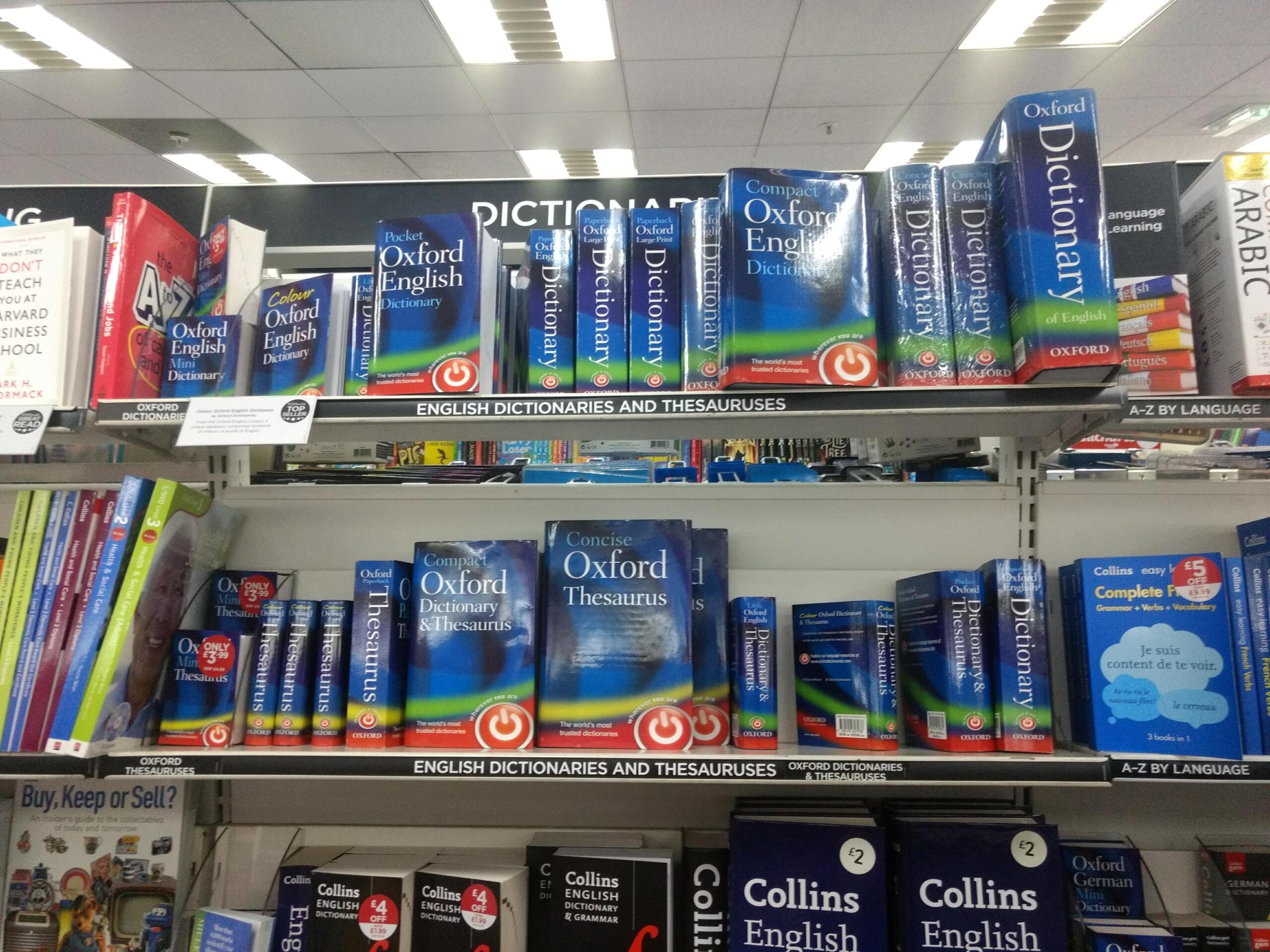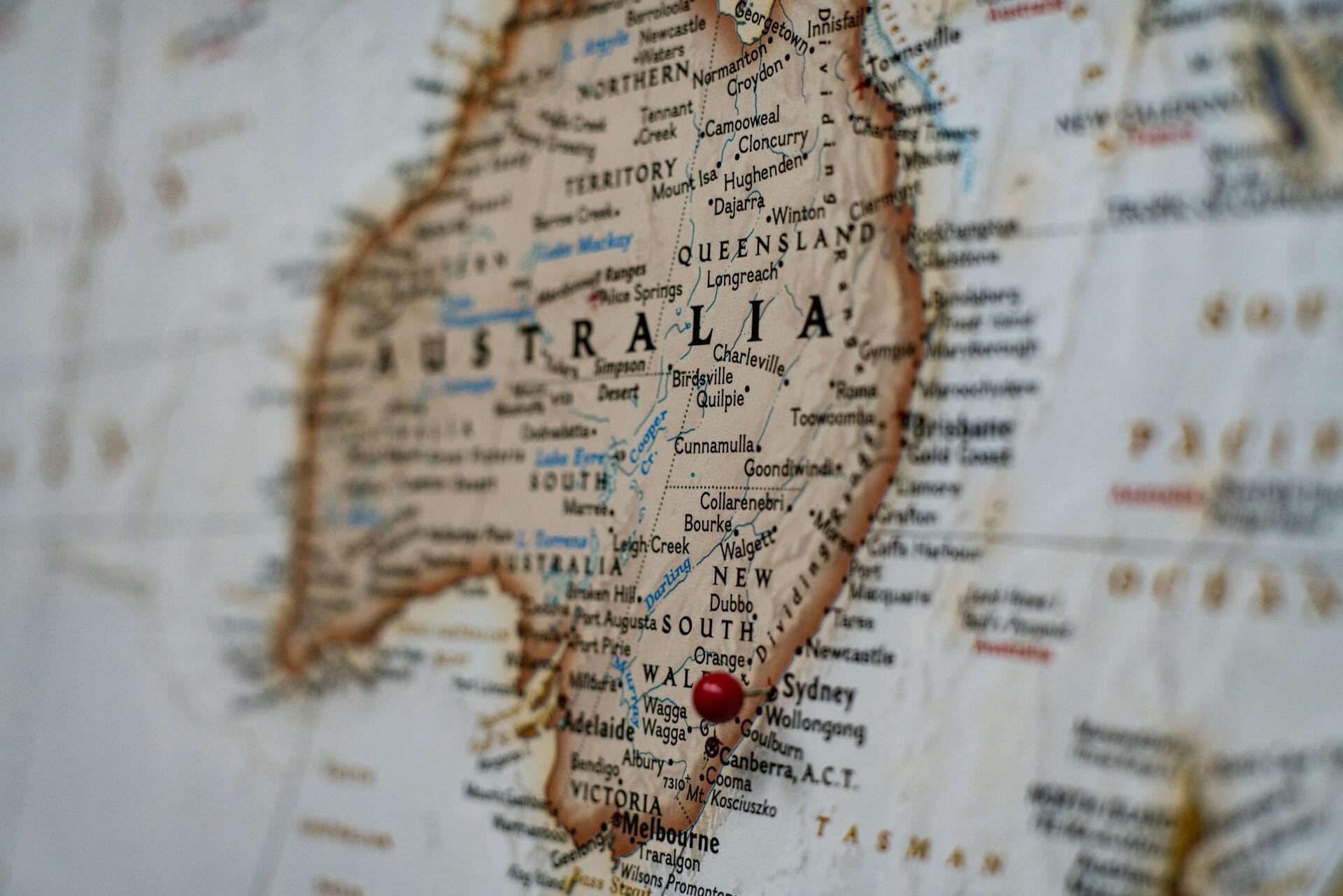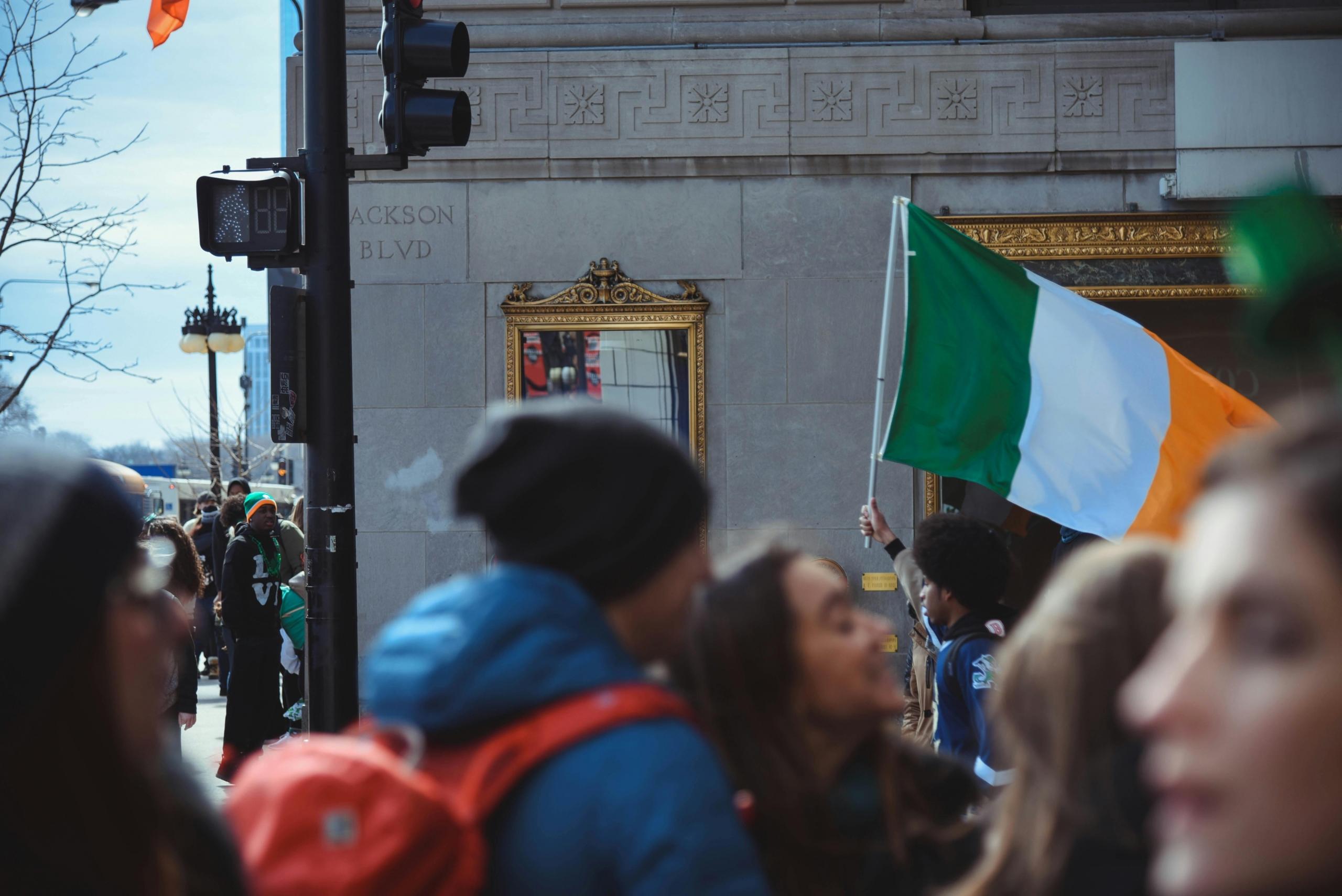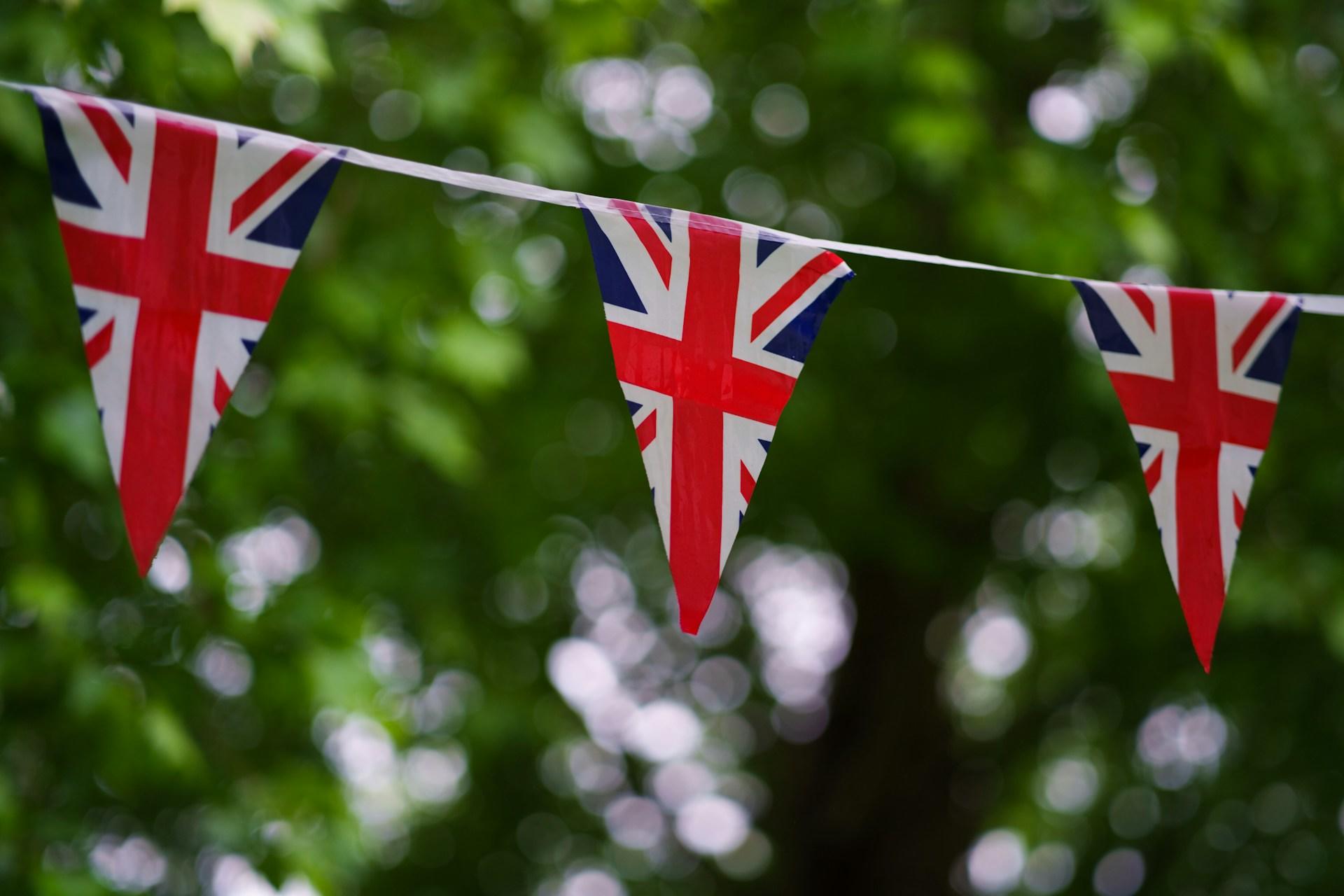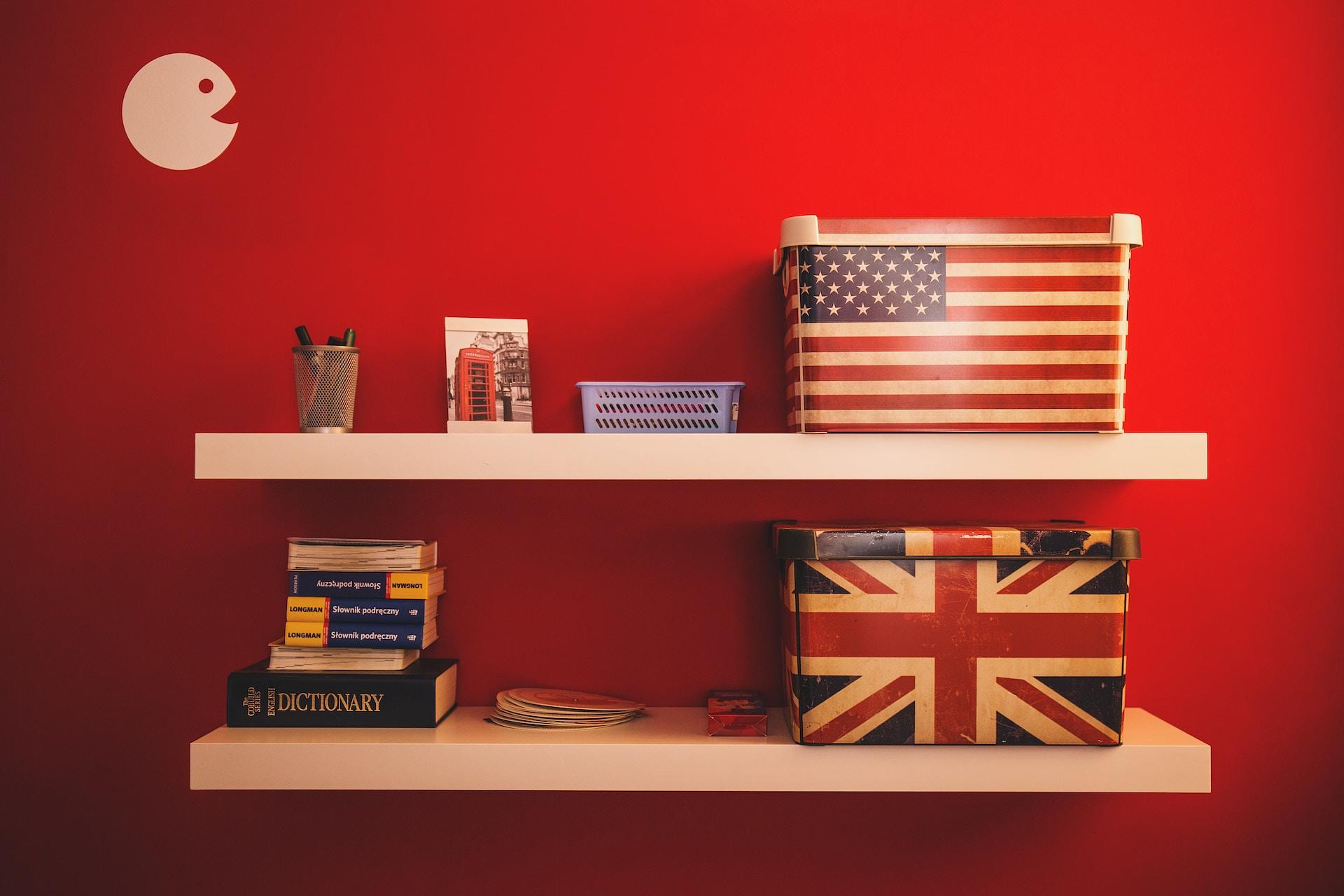The English language is nobody's special property.
Derek Walcott
In just seven words, Sir Derek Walcott captured a truth that should have always been evident. Language, in essence, is a shared treasure. We constantly borrow and blend words and phrases from each other, enriching our own tongues in the process.
Sir Walcott further elaborated, "It is the property of the imagination: it is the property of the language itself." Indeed, the esteemed poet from Saint Lucia was spot on – English, like any language, is shaped by the creativity and culture of its speakers.
This article explores how seven distinct cultures around the world have embraced and transformed English, making it an integral part of their national identities.

🇦🇺 Australian English
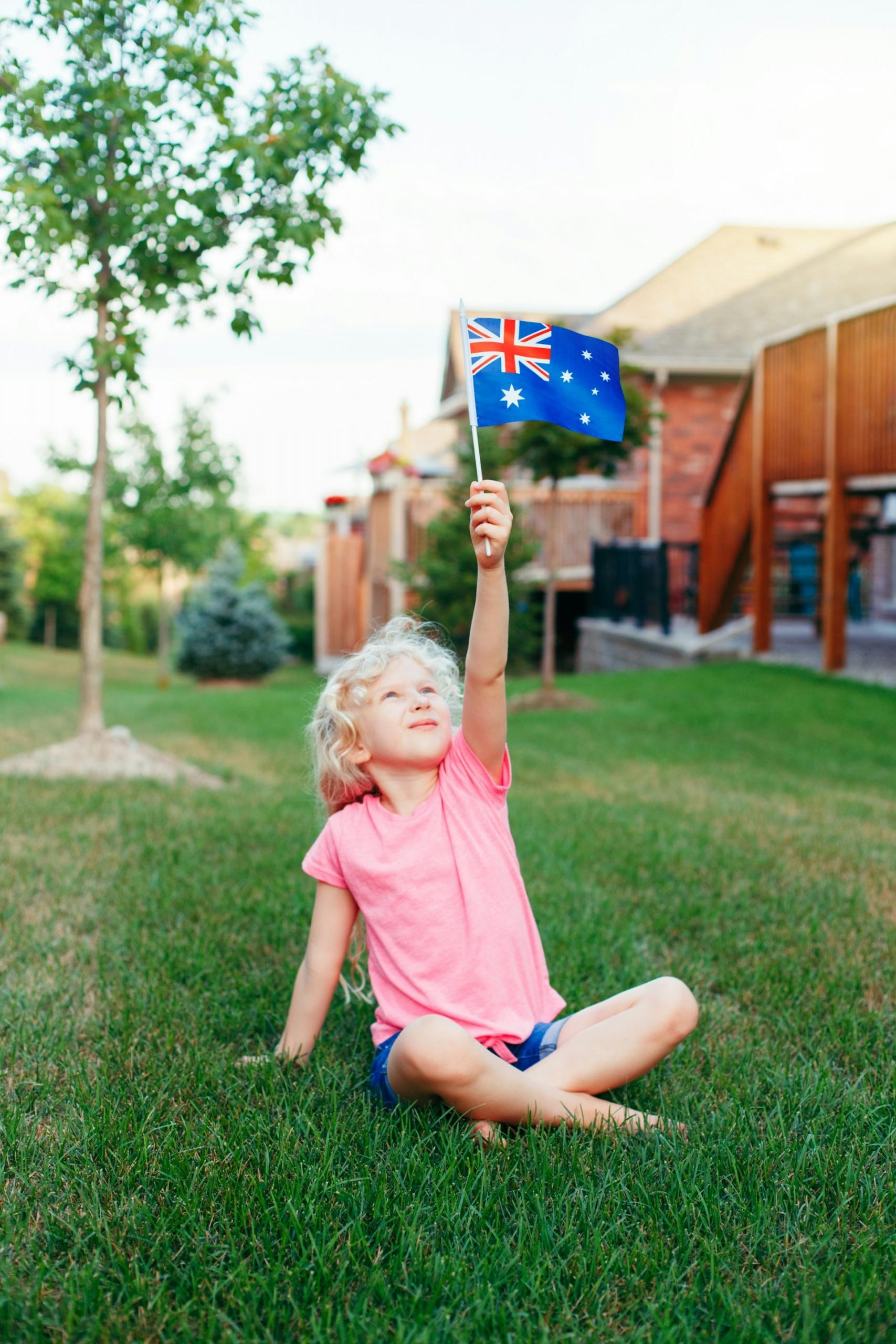
Unlike the distinct regional dialects in other English-speaking nations, Australian English exhibits variations within a largely uniform accent, making it easily recognizable nationwide.
However, Indigenous Australian languages have influenced unique English hybrids. Beyond these hybrids, Australian English can be classified into three main types: Broad, General, and Cultivated. Each reflects subtle differences in pronunciation and intonation, shaped more by social factors than geography, capturing the nuanced variations within Australian English.
General Australian
- Australia's only codified variation
- taught in school
- the most common throughout Australia
The Broad Variant
- called Strayne
- the most recognised outside Australia
- nasal, flat sound, diminished consonants
The Cultivated Variant
- the most like British English
- features Received Pronunciation
- falling out of favour across Australia
Hugh Jackman, the lead actor in Logan, spoke with the General Australian accent. Chris Helmsworth from the Marvel Cinematic Universe in the Broad Australian accent. And theatre legend Geoffrey Rush orates in the Cultivated accent.
The Australian English accent is one of the most familiar around the world. The accent comparison challenge clip below compares it with British and American pronunciation styles. However, it doesn't tell us which Australian English variant the speaker uses. Can you tell which one it is?
🇺🇸 Different Accents in the United States
The United States, known for its cultural diversity, has a rich variety of English accents. From the Southern drawl to the East Coast's quick speech, these accents reflect the nation's history and regions. Each one, shaped by migration and cultural exchange, has unique traits.
The Southern lilt, Midwestern nasal tones, and clipped New England speech all tell distinct stories. These accents show how geography and culture have shaped American speech, adding to the nation's linguistic richness.
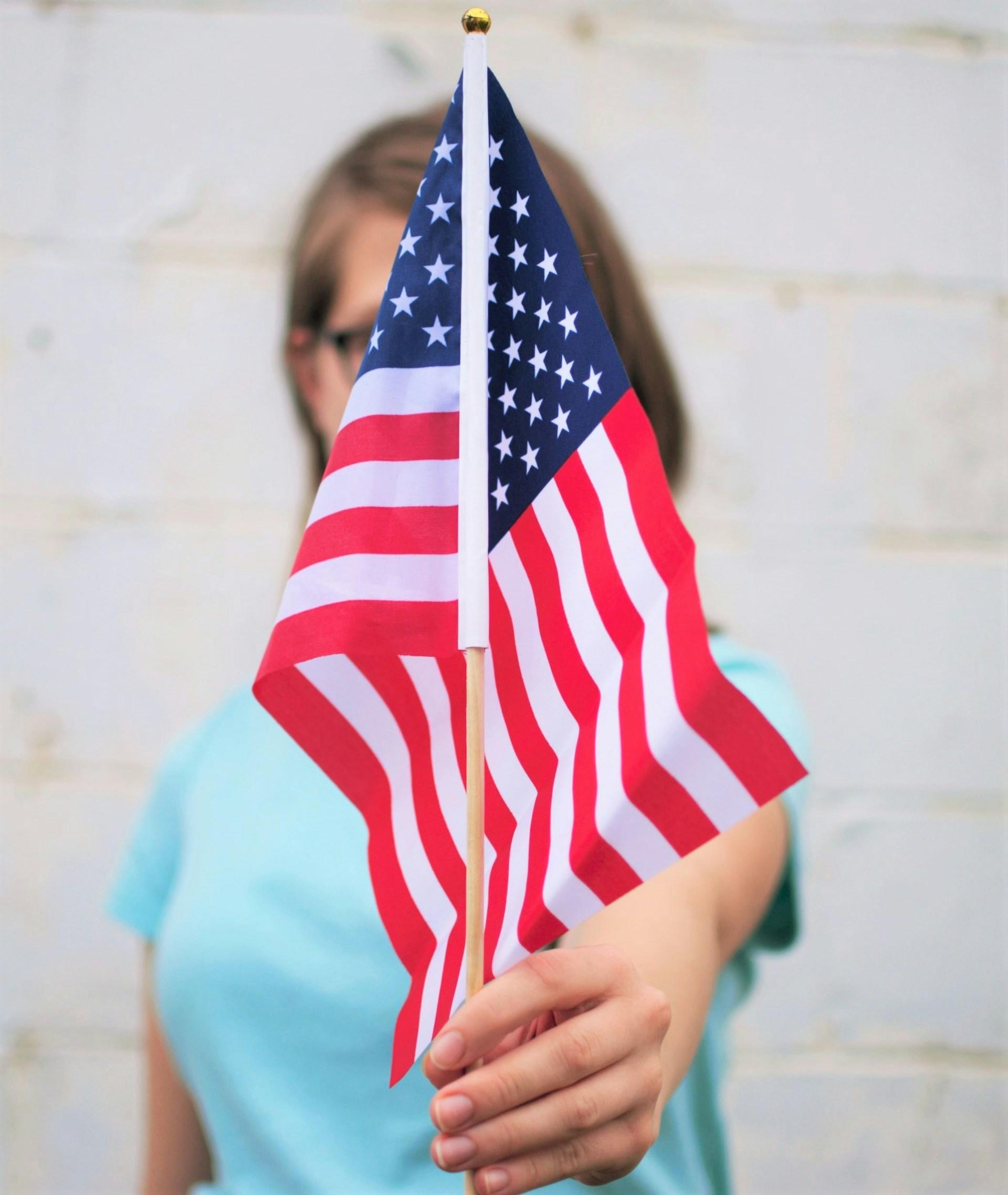
The so-called Hillbilly English stands out for its unique tones, as well as its vocabulary. African American Vernacular English (AAVE) makes a splash around the world with its prevalence in music and films. Otherwise, American English breaks into two broad, regional variations.
Southern American English
- twangy and nasal
- unique phraseology
- rich in symbolism and idioms
Northern American English
- dry and clipped
- shortened vowel pronunciation
- emphasis on consonants
In terms of musicality, the Northeastern region's accent sounds harsh, particularly from the Boston area upwards. The Southern American accent comes the closest to being melodic. However, no American English accent comes close to the delight other types of English provoke. This comparison between American and Nigerian English varieties proves this point.
🇳🇬 Nigerian English

Nigeria, situated in the heart of Africa, is renowned for its linguistic diversity, with hundreds of indigenous languages. Due to centuries of external influences, English has become a vital means of communication.
Today, Nigeria is one of the largest English-speaking countries globally. English is an official language, standing alongside three major indigenous languages: Igbo, Yoruba, and Hausa.
However, Naija - Nigerian Pidgin, is the language most Nigerians speak. It's a blend of various tribal languages with English words mixed in. The grammar is more simple than in standard English, and the overall tone is less formal. Nigerian Pidgin adds a playful twist to communication, often mocking formality and making interactions lively and engaging.
By contrast, Nigerian English closely follows standard English conventions. Grounded in British English, this language is tailored to politics, academics, and broadcast media. It includes vocabulary to describe culture-specific concepts that don't exist in other English-speaking countries.
You might not think there could be much similarity between the Nigerian English accent and the way Indian people speak English. This accent challenge proves that notion wrong. And then, it goes on to demonstrate the connection between human experiences in different parts of the world.

🇮🇳 Indian English
India endured a brutal and oppressive colonisation under the British Raj from the mid-18th century until 1947. By the 1850s, English had become a compulsory part of the education system, deeply embedding the language in Indian society.
Despite this harsh period of British dominance, indigenous Indian languages did not vanish. Instead, they flourished, becoming even more vibrant and widely spoken following India’s independence.
This backdrop gave rise to Indian English, a distinctive variant reflecting the country's rich cultural and linguistic diversity.
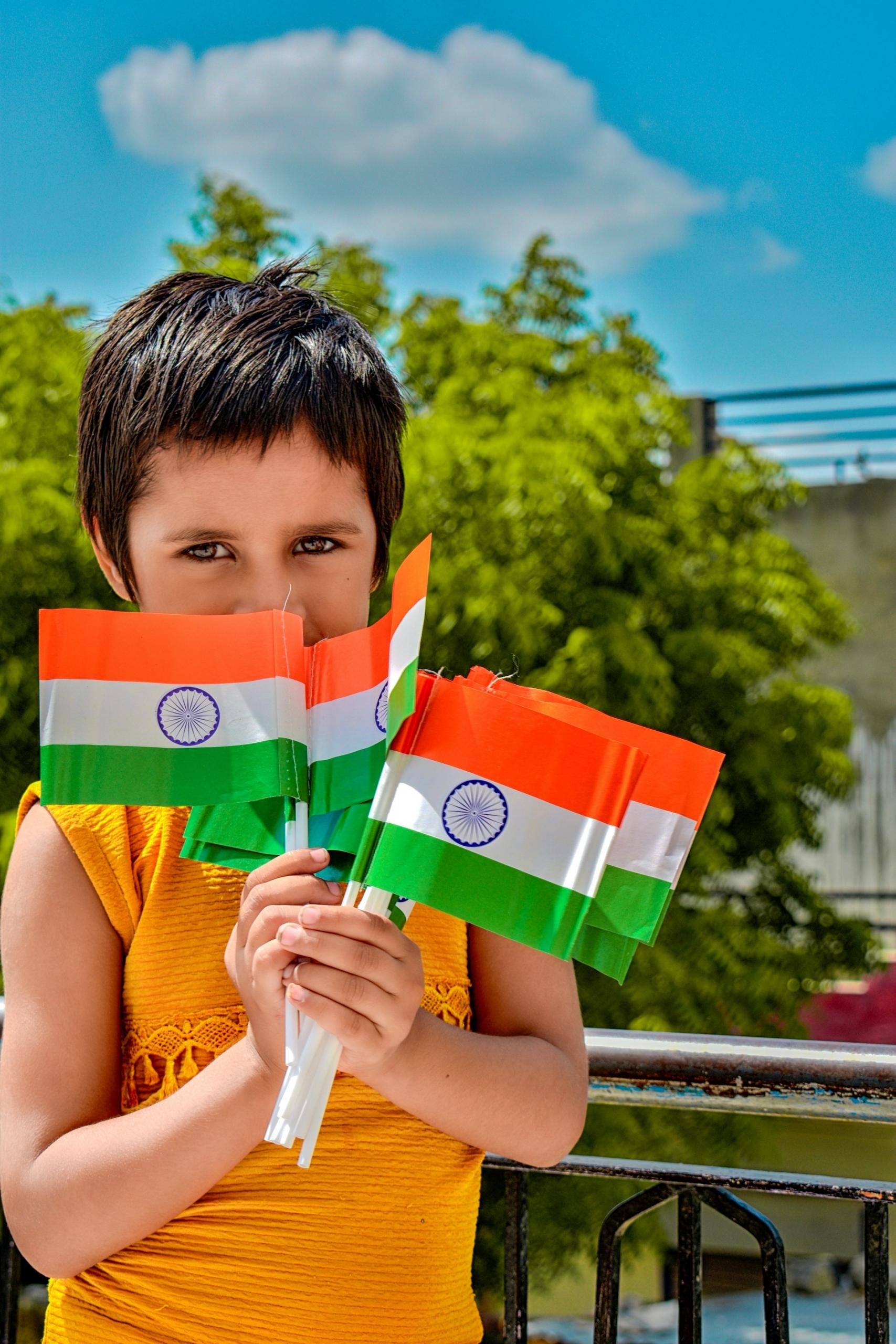
Today, Hindi serves as India's official language, alongside English. Throughout this vast country's regions, other languages prevail, Tamil, Punjabi, Telugu, and Nepali among them. In fact, India is home to more than 400 languages, many of which have an English counterpart.
Tanglish = Tamil and English; Manglish = Malayalam and English; Kanglish - Kannada and English; Tenglish = Tegulu and English; Minglish = Marathi and English; Hinglish = Hindi and English.
Of these hybrid English languages, Hinglish is the most important. Its portmanteau-style name comes from 'Hindi' and 'English', in the same style as our next English accent variant. As this comparison shows, the Indian English accent is a lot like Singlish in other ways, too.
🇸🇬 Singaporean English

Nestled in the heart of Southeast Asia, Singapore has a rich linguistic tapestry shaped by its history. Once a strategic hub on the Straits of Malacca, it has seen influences from various colonial powers and regional languages. British English made its mark later in this timeline, but its impact has been profound.
Singaporeans wasted no time making two languages out of one. Standard Singaporean English is one of the country's official languages, alongside Mandarin, Tamil and Malay. As in Nigeria, so too here: this English dialect is the language of government, broadcast media and education.
Singlish is the talk on the streets. This language strives for simplicity by not using any articles or verb tenses. Like other English-blend languages, Singlish includes words from other linguistic influences. Many Singlish terms have their roots in the Chinese Hokkien dialect.
The Singaporean form of English is most commonly known as Singlish. It's a lot like other English dialects around the world, in terms of grammar and usage. However, it sounds very different from Irish English or American English.
🇮🇪 Irish English
Although Ireland is close to the United Kingdom, English hasn't always been the primary language there. English made its way to Ireland in the late 12th century, following the Norman invasion. It wasn’t until the Tudor conquest in the 16th century that English began to gain a significant foothold in the country.
However, the Irish people fiercely protected their native language and cultural identity. As a result, various accents and dialects emerged across Ireland, each representing the unique heritage and traditions of different regions.
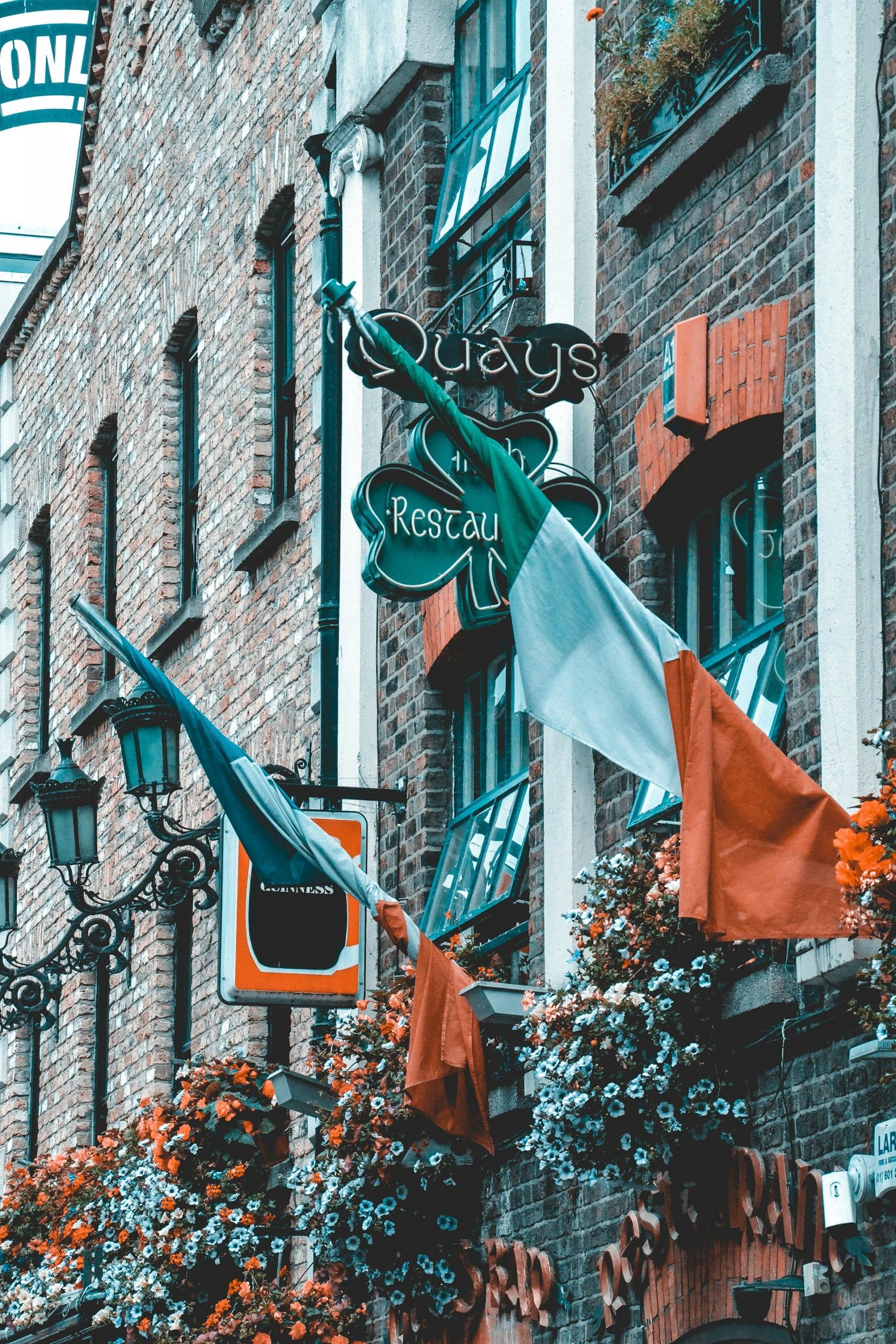
Today's Irish English dialects show distinct breaks from British-English speaking patterns. For instance, an Irish speaker won't answer a yes/no question with one of those words. For example, they might answer "Are you hungry?" with "I am" or "I am not".
To give emphasis, an Irish English speaker will repeat a sentence's adjective or adverb. "We had a lovely, lovely time" shows how much enjoyed the event they describe.
Likewise, ending a sentence with 'that one' or 'she was' points to strong feelings. "He's gonna be a bruiser, that one!" might describe a handsome, sturdy baby boy, for instance.
What shocks many English speakers is how much Irish English dialects influence Jamaican English. Few people realise that people of Irish heritage make up Jamaica's second-largest ethnic group. Listen as these two native speakers explore each other's languages to discover those similarities.
🇯🇲 Jamaican English
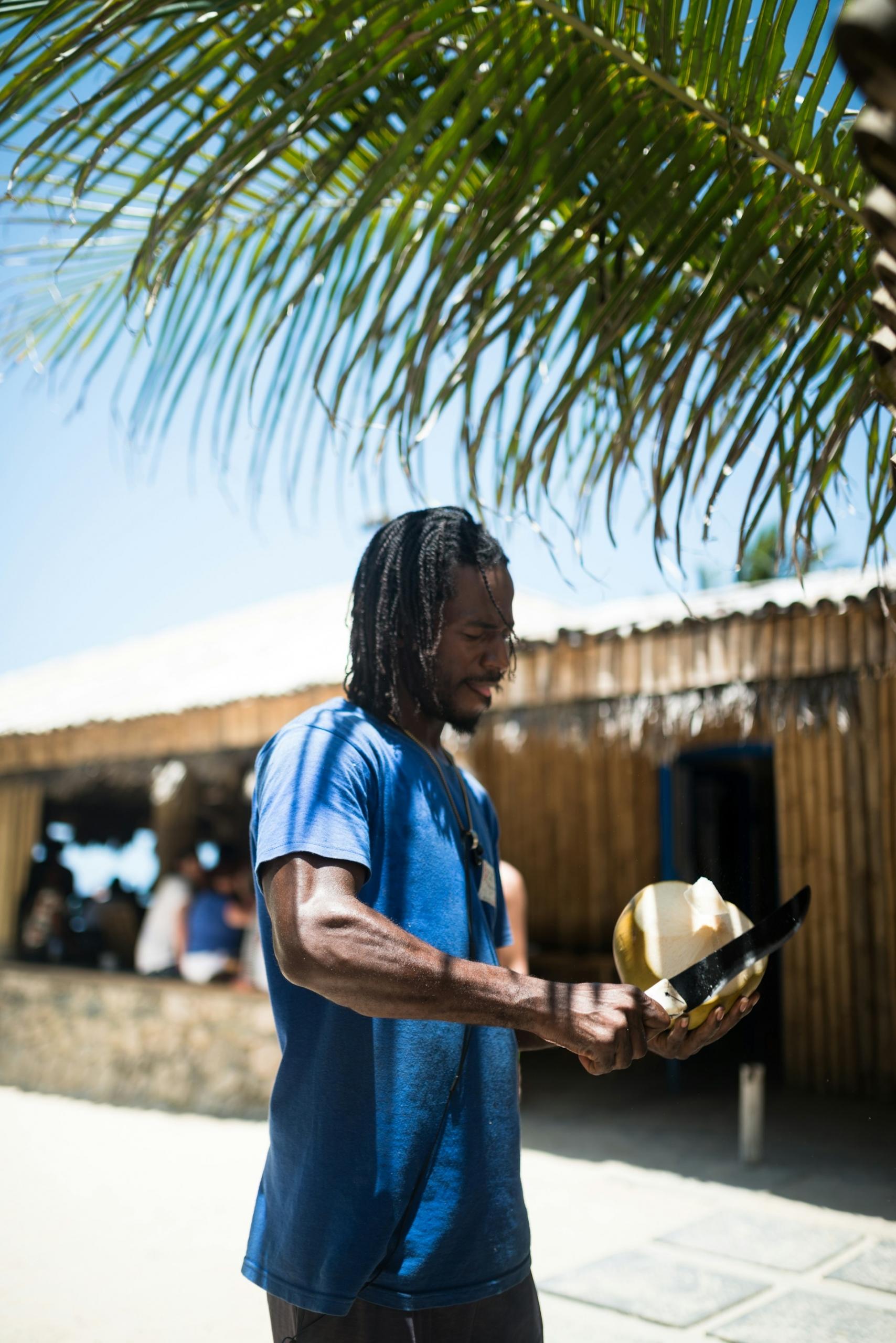
Among the varieties of English explored in this article, the story of Jamaican English stands out as particularly compelling. Colonisation, beginning with the Spanish in 1509 and continuing under British rule from 1655, devastated the indigenous Taíno population. Most Jamaicans today trace their ancestry to African slaves brought by the British and, later, to indentured labourers from Ireland, India, and China.
While the Taíno language and culture were nearly lost, their influence persists in Jamaica's cultural fabric. Jamaican English now reflects a rich blend of these diverse heritages.
The native Taíno language influences Jamaican Patois and, to some extent, even Jamaican English. The rhythmic and melodic quality of Jamaican English can be traced back to the Arawakan native tongue.
The lack of auxiliary verbs and similar-sounding words becoming homophones distinguishes Jamaican English from other varieties of English. As an example: 'ear' sounds like 'air', and vice versa.
Jamaican children do not grow up speaking Jamaican English as their first language. Instead, they speak Patois, or Patwa, and learn English in school. Although Patwa is more widely spoken, it is not an official language; only English is used in government, academia, and broadcast media.
Despite its small size, Jamaica has a significant influence on the world stage. Rastafarian teachings are studied globally, and reggae music's hypnotic beats are beloved worldwide. Jamaican English, with its unique charm, is equally captivating, as evidenced by the growing global appreciation for Jamaican cultural exports.
Summarise with AI:
















